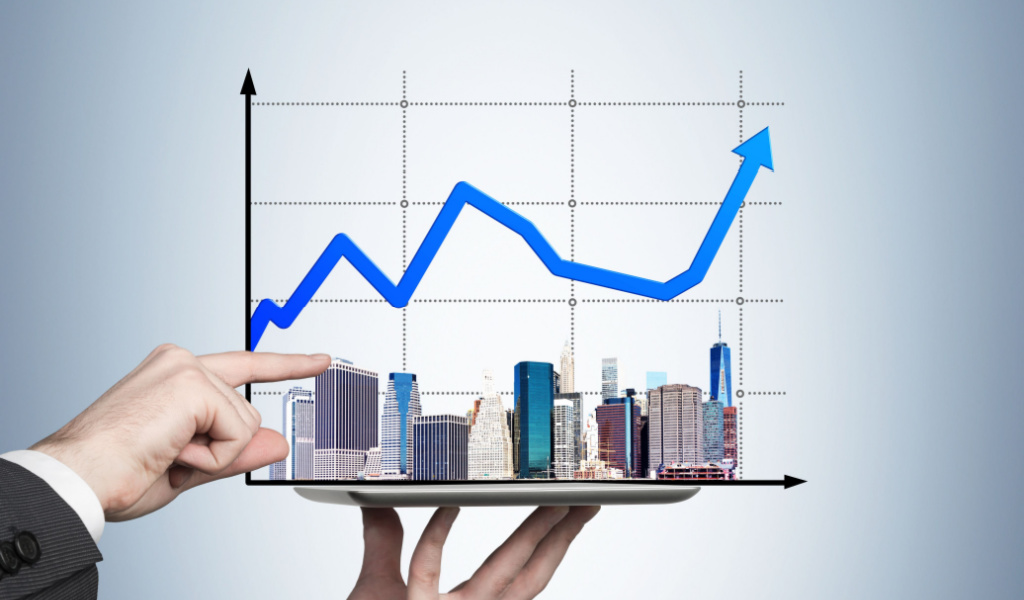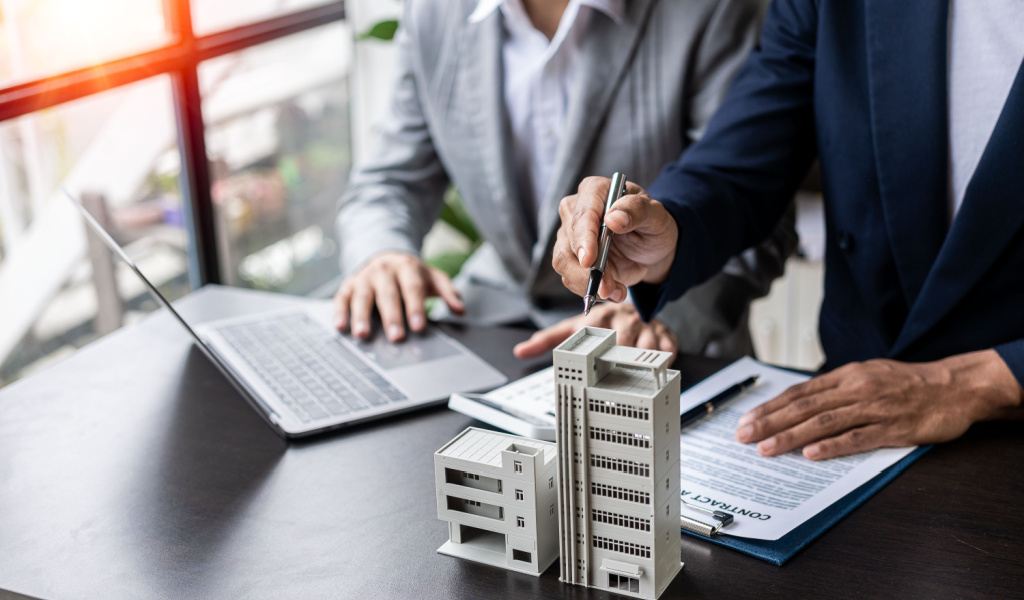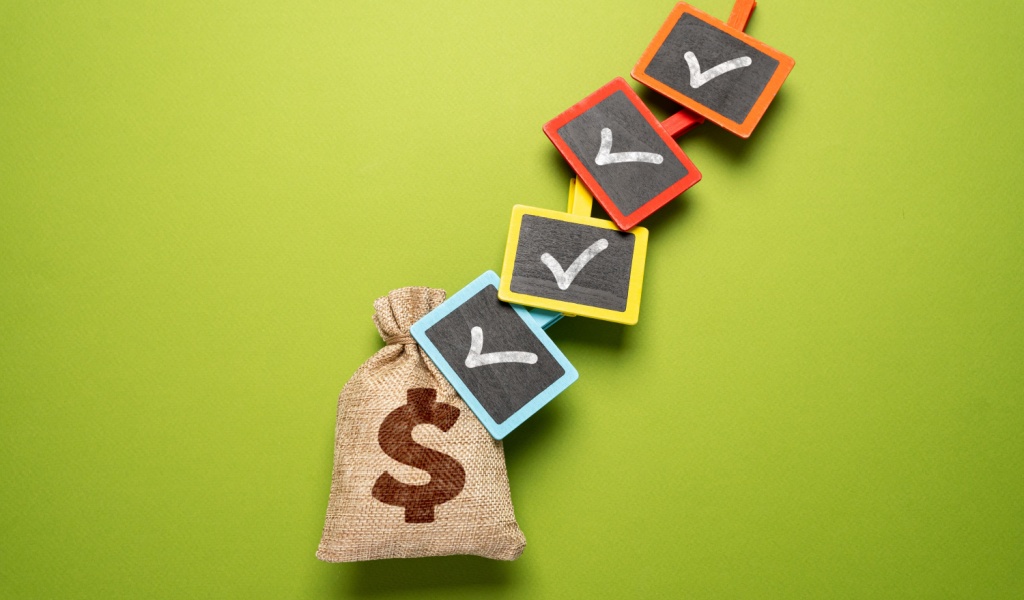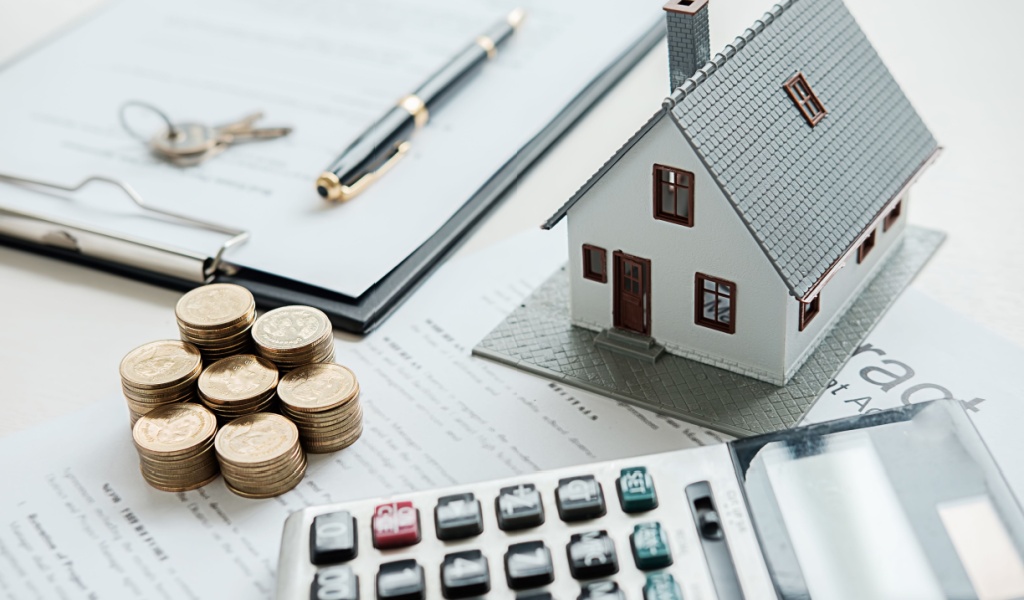There’s no denying that real estate investments are a good choice for anyone looking to expand their investment portfolio and establish long-term wealth. Any property, whether residential or commercial, is a good investment opportunity. But when you invest in real estate, it is a decision that requires a lot of thought and foresight. If you are new to investing in real estate, the decision becomes all the more challenging. Many tend to believe investing in commercial property is only an option for wealthy business people and investors. While this may be true to an extent, it’s not necessarily the case because commercial property like showrooms and shops can also be a sound investment for people who earn a steady salary.
In the real estate market, investing in commercial properties typically offers more significant financial advantages than investing in residential properties. However, given the scope of it, it also carries its fair share of risks.

Let’s examine whether a commercial property investment is right for you by discussing its pros and cons.
Advantages of Commercial Property Investment
Better Rental Income Potential
Undoubtedly, the rental yield in commercial property significantly beats residential properties. You may expect typical returns of 12-14%, provided that the condition and location of the property are good, making profitability the single best reason to invest in commercial property.
On the other hand, residential properties have a rental yield that typically ranges from 1-4%. This is attributed to factors such as lower vacancy rates, longer lease terms, and passing on some expenses to tenants.
Easier To Deal with Tenants
Tenants of commercial properties generally rent to run retail chains, banks, corporates, etc. Since these entities operate the property as a business, it helps the landlord and tenant establish a strictly professional relationship. You will also not have to run behind the tenant to get the monthly rent, as is sometimes the case with residential property rentals. Moreover, if the tenant in one section of the property is a reputed corporation, there will also be an appreciation in rental yield for the rest of the property.
Steady Flow of Income
Commercial property leases have longer terms than residential leases. Commercial leases are usually drawn for five years or more, and this extended lease period provides a steady and predictable income stream for the property owner. This gives much-needed peace of mind while ensuring that your income allows you to keep up with the cost of living.
Tax Benefits
Many tax advantages are associated with investing in commercial properties, such as depreciation deductions that allow investors to offset some of their rental income and lessen the overall tax liability. Residential properties offer the same benefit but are less significant owing to the shorter lifespan of residential buildings.
Serves As an Inflation Hedge
Historically, investing in commercial properties has been a good hedge against inflation. When the cost of living increases, rental rates increase in tow, protecting the owner’s income from being diminished by inflation. Moreover, commercial leases also have escalation clauses where rent increases are tied to inflation, which helps insulate the investor from inflation’s adverse effects.
Triple Net Leases
In a residential property, the landlord is responsible for expenses pertaining to the property. However, commercial property owners do not have to worry about these expenses eating into their profits. Triple net leases are a common form of lease structure in commercial properties wherein the tenant is responsible for paying insurance property taxes, maintenance costs, and base rent. This arrangement reduces the landlord’s expenses while increasing the net income.
These are the most significant advantages of investing in commercial property. However, it’s not all sunshine and roses – some disadvantages are also associated with it. Let’s explore them next.

Cons of Commercial Property Investment
Huge Investment Upfront
Purchasing a commercial property requires substantial initial capital. Some significant capital expenditures will likely follow suit even after you have acquired the property. For instance, you could be only a few months in and find yourself confronted with a $20,000 bill to repair a roof and get a new furnace. The bigger the property is, the more customers you can get. But this also means that there are more facilities to maintain, which involves huge costs. When investing in commercial property, one must be prepared to cover the initial expenditure with the revenue earned.
Professional Help & Advice Will Be Needed
Unless you’re a licensed professional, you will have to hire a professional to assist with repairs and emergencies. Therefore, be sure to factor in property management expenses when evaluating the total price for your commercial property. Property management companies charge between 5% and 10% of rent revenues in exchange for their services, including lease administration.
Involves More Risk
Investors must be aware that commercial property will have more public visitors, which increases the chance of liability and your chances of being sued. Therefore, commercial property owners must take measures to ensure that no one gets hurt and their property is not damaged. Incidents like cars hitting patrons in parking lots, people slipping, vandals ruining the building walls, etc., are common in commercial properties.
More Maintenance Required
With residential properties, maintenance woes are generally limited to small electrical works, tap repairs, and simple fixtures that don’t cost too much. However, renovations or maintenance are a different ball game in the commercial setup, and the expenses involved are much more significant.
More Research Required
Commercial property investment is not a minor deal; instead, the investor should thoroughly research the overall cost of property acquisition, taxes involved, zonal laws, etc. Even one small mistake can end up being a costly affair. Besides, you should also consider the development of the area and the potential of the rental increasing in the future.
Bottom Line
Determining if commercial property investment is a profitable decision is a complex matter. In addition to assessing the market, there are many factors one needs to consider. Ultimately, the choice comes down to the individual investor to decide whether it is the right choice for them. However, there is no denying that investing in commercial property is a lucrative opportunity for anyone wishing to increase their net worth, expand their investment portfolio, and secure their future for many years.



